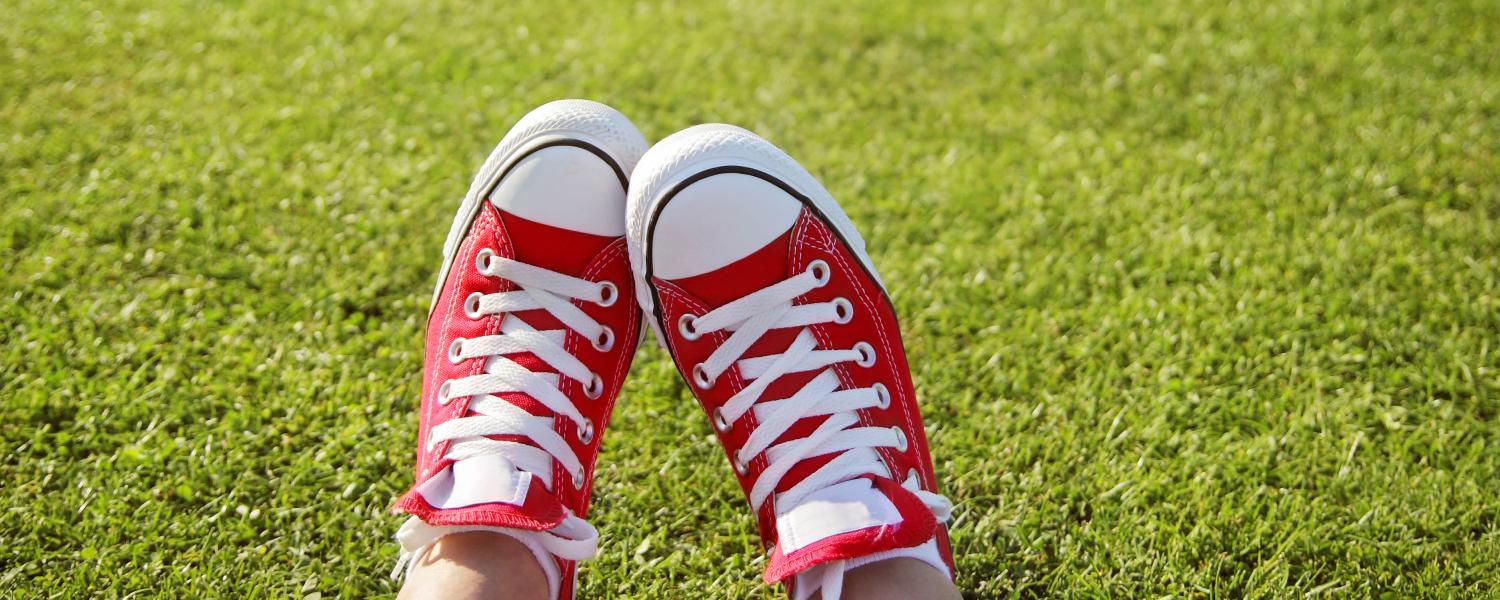
Recovery can mean different things to different people. In general, recovery is a process of change that helps individuals improve both their physical and mental health and regain their sense of purpose. Sam Randall, program manager at the CU Collegiate Recovery Center (CUCRC), dives into what recovery is all about and how we can be supportive of those who are living a life in recovery.
There are many reasons why someone may enter recovery or identify as being in recovery. Some may have struggled with alcohol or drug use, while some may have experienced other mental health concerns such as anxiety, depression or eating disorders. Compulsive behaviors related to sex, relationships, gambling, exercise, work or technology use can also lead people to recovery.
What can the recovery process look like?
The process of recovery varies depending on each person’s physical and mental health condition and history, emotional and social supports, and the type of change someone wants to make in their life.
For some, recovery is a natural process brought about by the realization that things aren’t going well, which leads to the decision to make changes or get support. In this case, it can help to have the encouragement of friends and family or talk with a counselor to help change old patterns and reinforce positive behaviors. This is often called “natural recovery” and leads to a healthier and balanced lifestyle.
For others, recovery is more of an intensive and ongoing process that helps maintain recovery over time, especially if someone is not able to reduce or stop drinking or using or other behaviors, even when they want to.
What does life in recovery look like?
Let’s use recovery from a substance use disorder as the example here.
For many, staying abstinent from drugs and alcohol is a big part of recovery. It enables the brain to heal and stay healthy, and addresses some of the biological aspects of addiction. It also allows the person to focus on the psychological and social dimensions that are involved.
Most people find some form of peer support for recovery to be very important – whether through friends or through recovery support meetings and communities. This provides the opportunity to connect and share experiences with others who can relate, feel motivated to continue in recovery, learn new coping skills for dealing with stress and have support to begin making incremental changes.
Many also work with a therapist, addiction counselor or psychiatrist, who can help address deeper biological or psychological issues. Others go through more intensive treatment, which may include detoxification and inpatient or intensive outpatient treatment, which provide a safe and supportive environment to stabilize and begin the process of recovery. The CUCRC provides the opportunity for students to get help and then return to CU afterward to continue their education with lots of great support.
Many people eventually find they are living “a new normal” and have a fulfilling, healthy life as a person in long-term recovery. They maintain their recovery over time in various ways including continuing to attend recovery support meetings, checking in with a supportive friend, or seeing a counselor for ongoing therapy. Being of service to others is also often a big part of recovery, which helps to cultivate meaning and gratitude, and keep things in perspective. Most importantly, they have fun in recovery, and are able to connect to a sense of purpose in life. For many students at CU this is what recovery looks like.
How can I support a friend who is in recovery or seeking resources?
- If you’re out with friends, help them find a non-alcoholic drink without making a big deal of it. Finding ways to include different lifestyles in a social outing makes a difference!
- Find activities you can do together that don’t involve substances. You don’t necessarily need to change your life too; some people can use socially and be just fine. If many of your social activities involve substances and your friend is in recovery or trying to stay sober, however, it can mean a lot if you offer to do something else with them instead like going bowling or having a board game night.
- Offer to go with them to a recovery meeting as a support person. It can be scary to walk into a meeting when you’re newly sober or don’t know anyone, so having a friend there can help. Even if it’s not their first meeting, you can be supportive by learning more about what recovery is.
- Trust in your friend. If they say they don’t want to drink or use, believe them. Tell them that you’ll be there to support them. It takes courage for them to say it out loud so be sure to affirm your friend’s decision.
What kind of resources are there for people who are struggling with drug or alcohol use?
There are a variety of support resources on and off campus for someone who might be struggling. From support meetings on campus to workshops to student groups to substance-free community events, there are a number of options for anyone looking for support.
Counseling and Psychiatric Services (CAPS) offers confidential mental health services for students, including workshop and therapy groups, individual counseling and psychiatric care.
The CU Collegiate Recovery Center (CUCRC) provides support for students in recovery from substance use disorders or other addictive behaviors and is a welcoming space for those who are in recovery or living a substance-free lifestyle. You will find a variety of programming and resources at the Center, including weekly support meetings, and of course a supportive community of other students who can relate and offer support. Their website also includes information about free, peer-based recovery support groups available in the community, including 12 Step programs (AA, NA, etc), SMART Recovery, Refuge Recovery, Life Ring, Women for Sobriety, and Phoenix Multisport. The CUCRC is located in UMC 102 by the bowling alley.
CUSoberBuffs is a group of students who like to have fun without alcohol and drugs for lots of different reasons and are supported by the CUCRC. They host a variety of social events throughout the year, including pool parties, bowling, game nights, football tailgates and more.
About the expert
Sam Randall is the program manager for the Collegiate Recovery Center at CU Boulder and serves on the board of the Association of Recovery in Higher Education. She has worked in the field of addiction and recovery for 10 years and as an educator and mentor for over 20 years. Having started her own recovery while at a major university, she is passionate about building a culture in higher education that supports recovery and well-being. She also leads creative, interactive presentations that challenge the social stigma often attached to mental health conditions and recovery, and increase the likelihood that others will get help when they need it.
When not sharing about how awesome recovery is, Randall likes to spend time out backpacking in the wilderness. She is also trained as an architect, which explains why the CU Collegiate Recovery Center has such great lighting.



